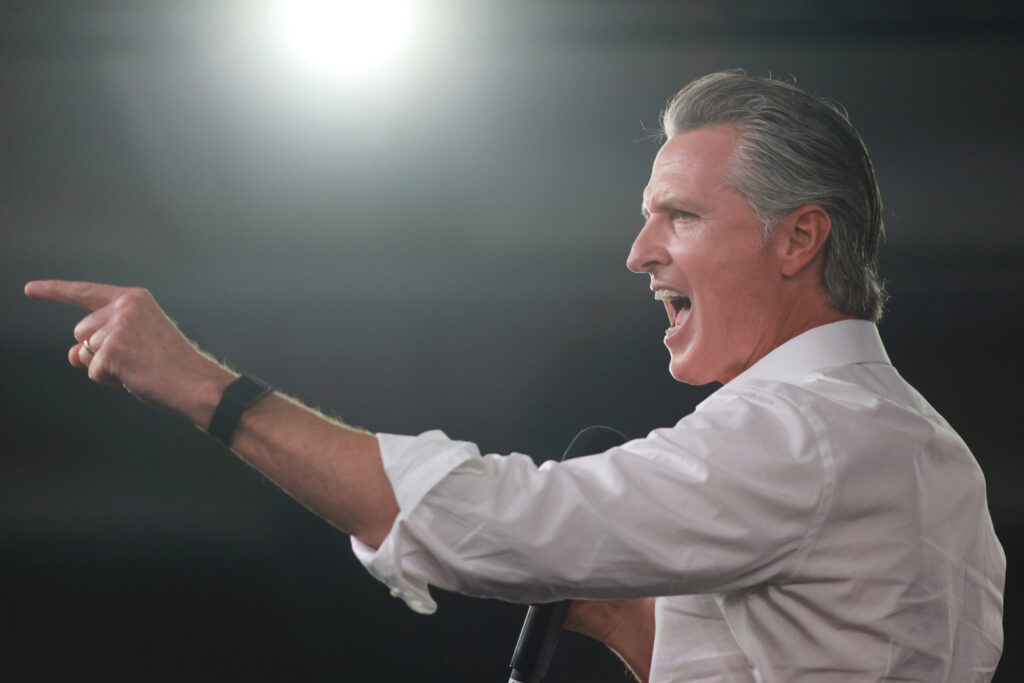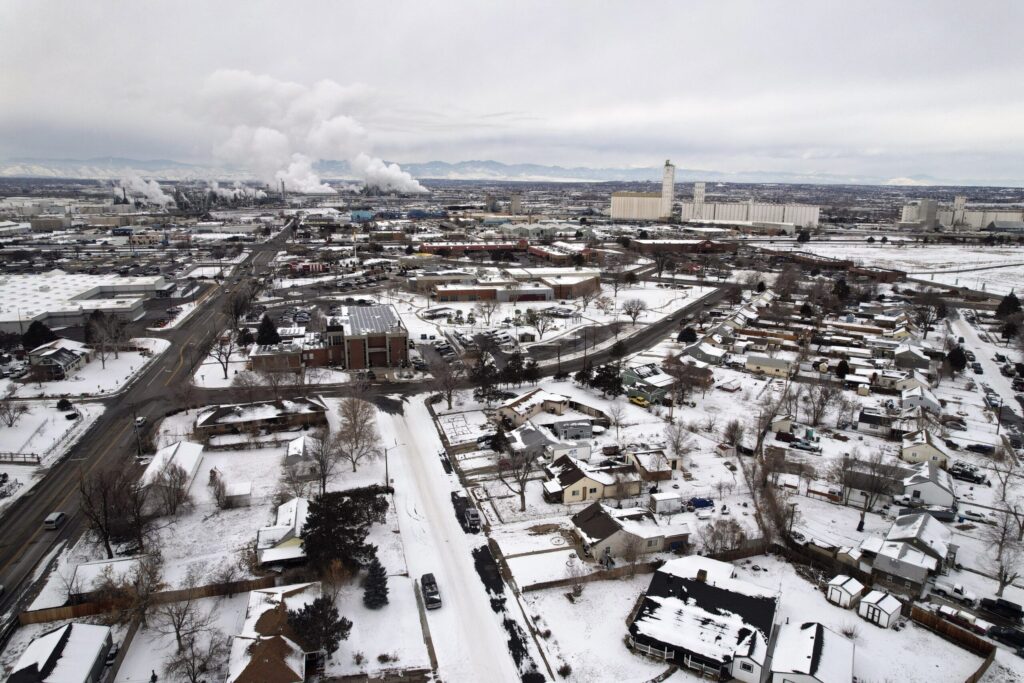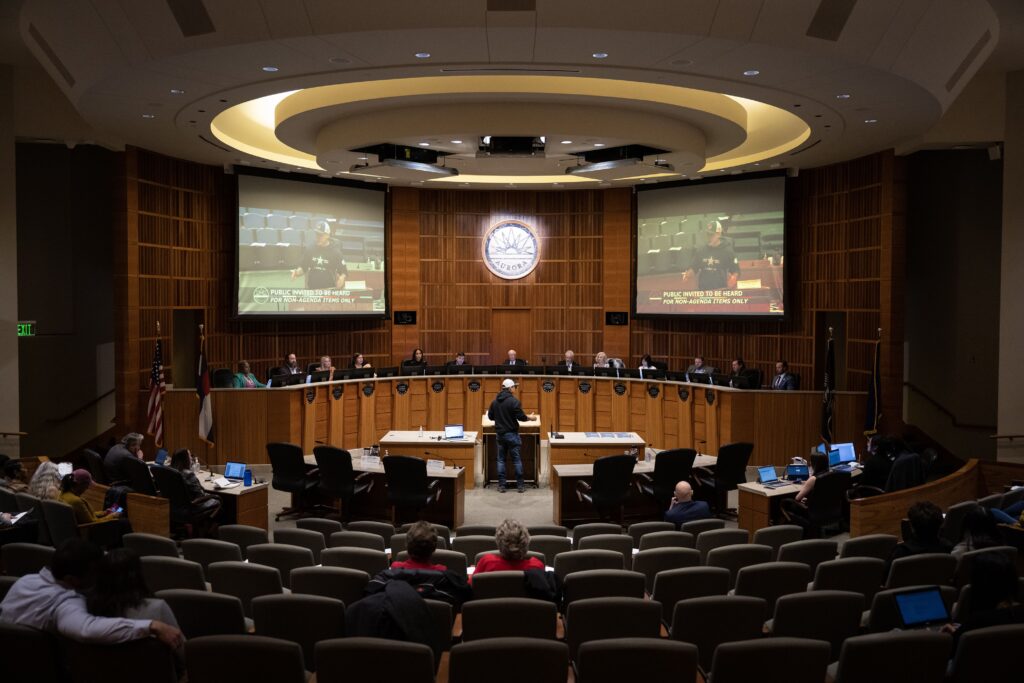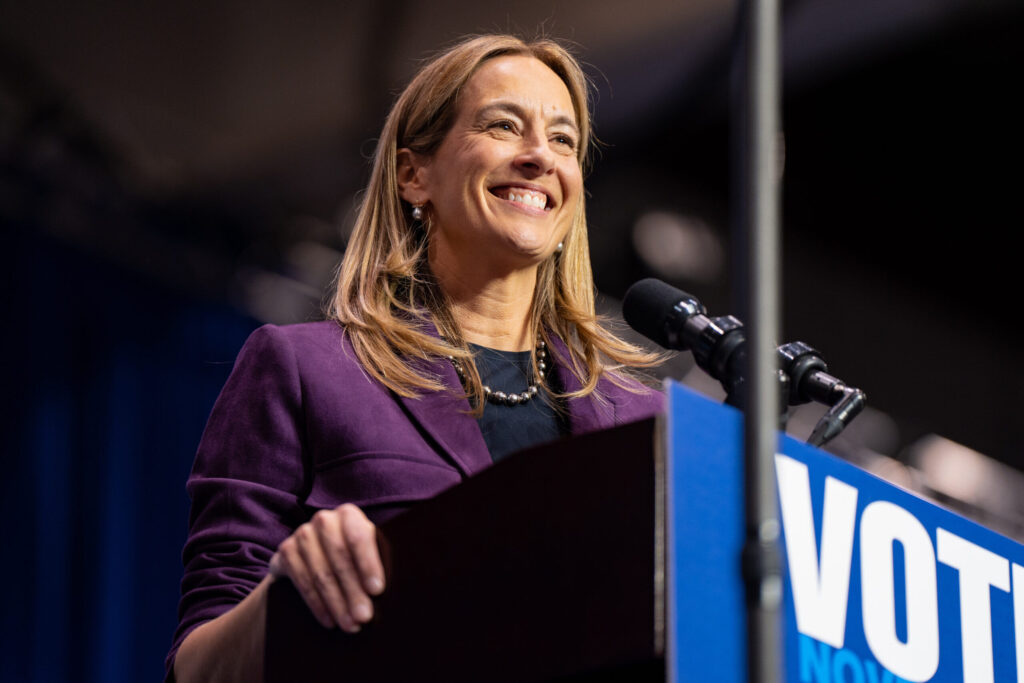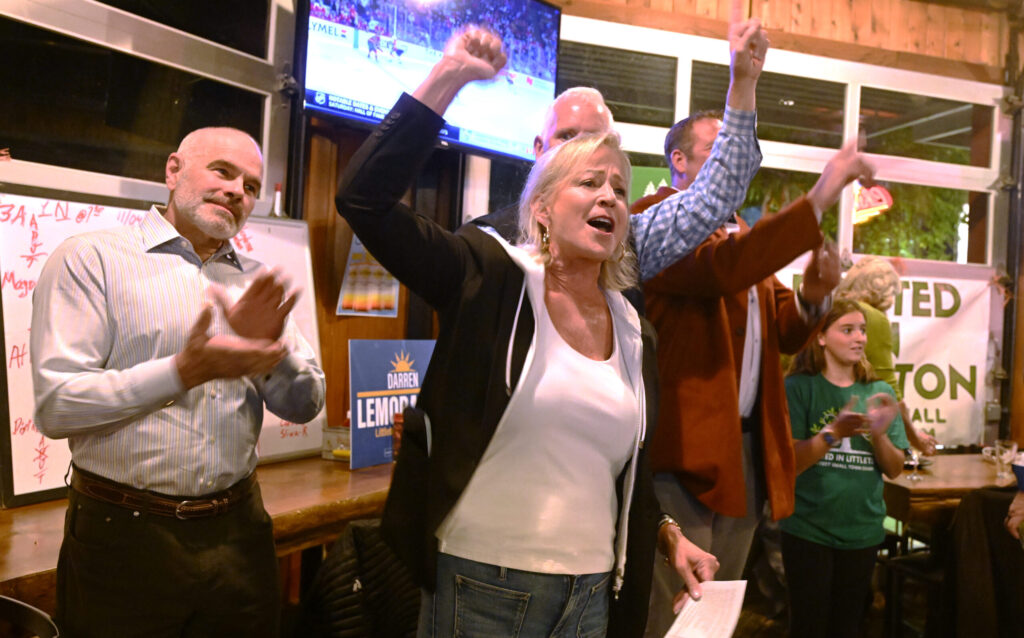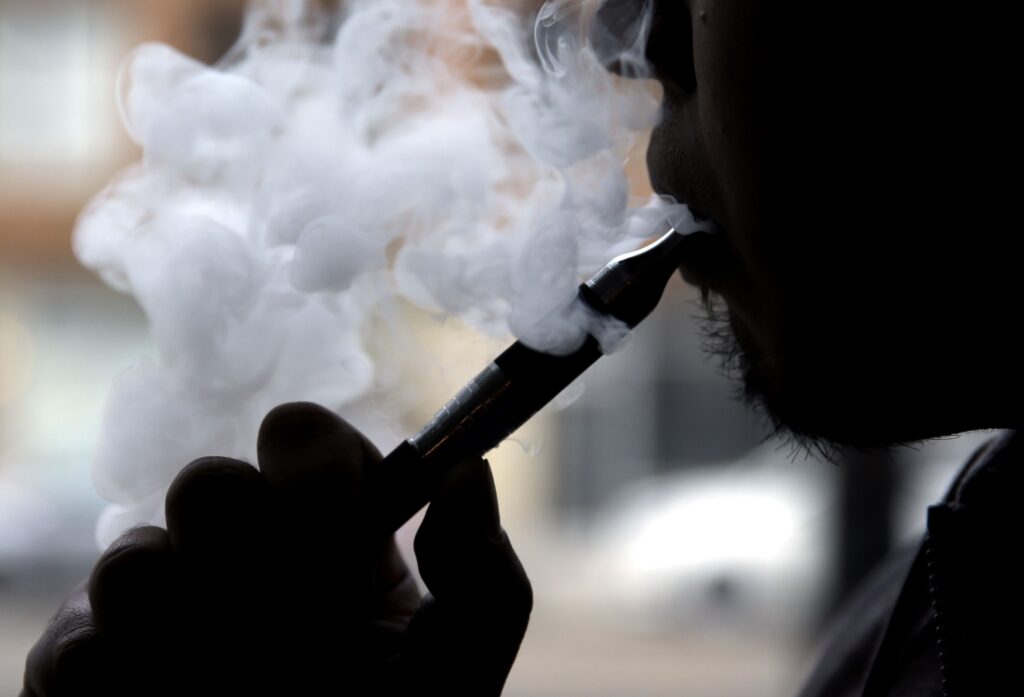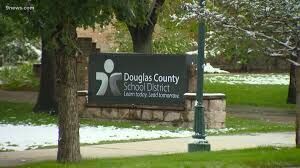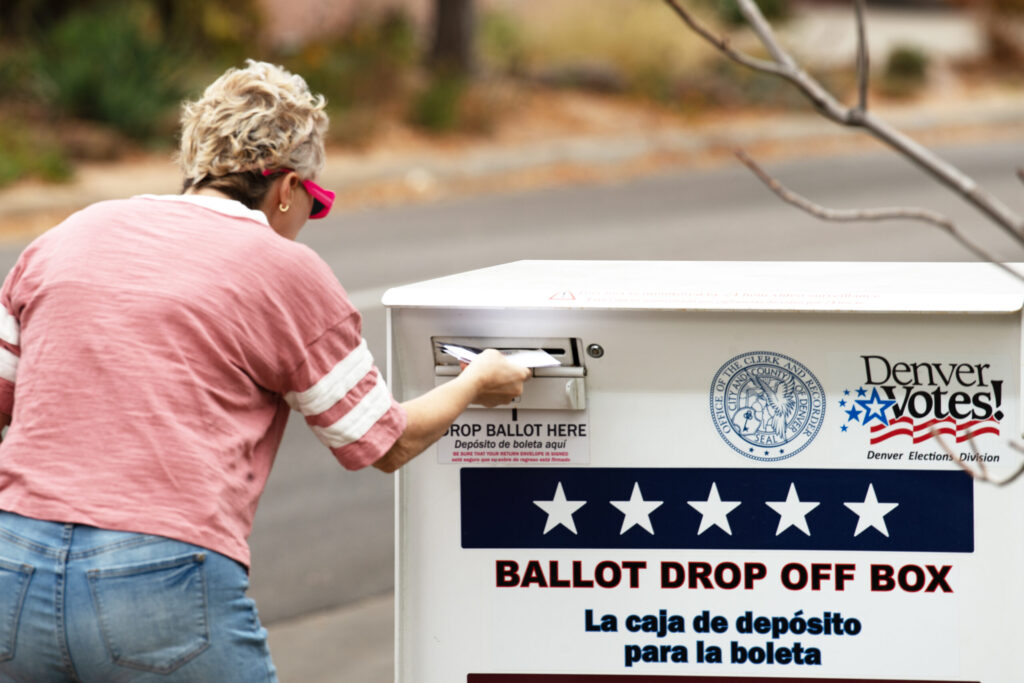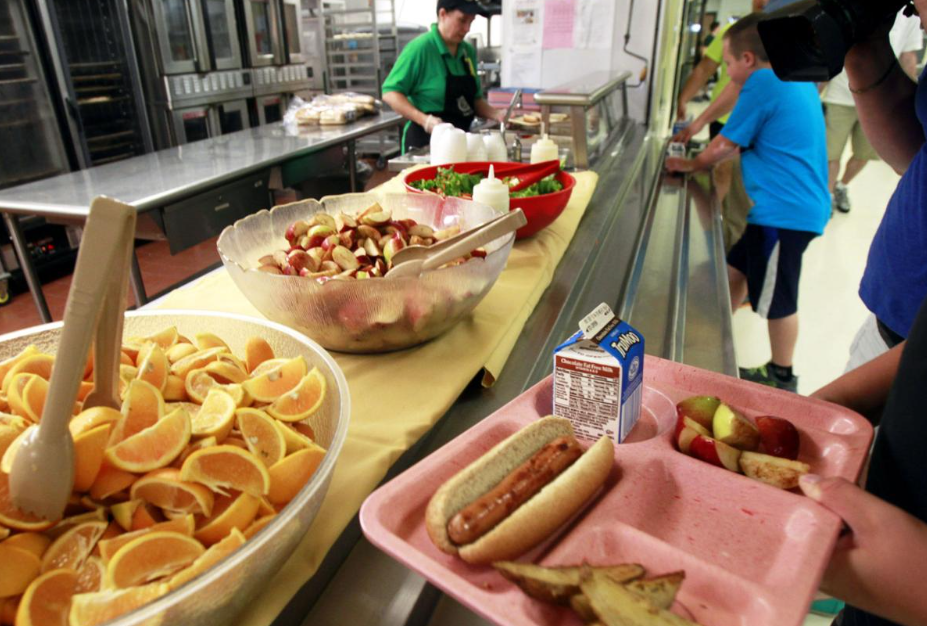Denver Council argues over extending marijuana store hours
Instead of a sought-after additional five hours of business, Denver’s recreational marijuana dispensaries seem likely to be allowed three extra hours, and city coffers could see between $664,000 to $1.3 million in extra revenue if all those dispensaries decided to take advantage of the extra hours that may soon be allowed under a City and County of Denver policy change. But the idea is not unanimously supported on Denver City Council or by the body’s constituents.
Currently, Denver’s hours of operation for both medical and recreational marijuana dispensaries are 8 a.m. to 7 p.m. State regulations allow all marijuana dispensaries to be open from 8 a.m. to midnight, subject to local regulation. Many other Colorado municipalities allow dispensaries to stay open until either 10 p.m. or midnight, including Aurora, Boulder, Commerce City, Edgewater and Glendale.
Supporters of the change claim consistent hours with neighboring communities will help reduce impaired driving, similar to bars and liquor stores with the same closing times.
The city Department of Excise and Licenses surveyed 67 of Colorado’s 73 jurisdictions that allow recreational marijuana businesses and found 19 percent closed at 7 p.m., 24 percent at 10 p.m. and 28 percent at midnight.
City Council had considered allowing the businesses to extend their closing time from 7 p.m. to midnight, but after listening to comments from the public, city finance and police officials, the two-hour reduction in extended hours was narrowly agreed upon during a recent meeting of the Council’s Special Issues Committee. An ordinance to change the hours will be considered by the Council at a regular meeting in the near future.
Councilwoman Kendra Black proposed the change to midnight, but agreed to the reduction in extra hours.
“Seven p.m. was an arbitrary time chosen under old state regulations,” she said. “It’s important to note we’re not adding any new locations (for marijuana businesses). This is about patron convenience and, yes, increased tax revenue. These are law-abiding businesses, they’re highly regulated with very little crime associated with them.”
Black also stated added hours of operation will help further reduce the black market for marijuana.
But Councilwoman Debbie Ortega was against any change in hours.
“We’ve been reminded over and over that because this industry is still seen as illegal by the federal government, we’ve been allowed to look at this differently,” she said. “I had hoped we would have had an interest in the procedural steps before approving this city-wide, broad sweep approval.”
Smart Colorado, a group that works to protect children from exposure to marijuana, gave a presentation that said “more legal opportunities to purchase the drug in the community results in greater opportunities for youth to obtain those drugs.” The group urged the committee to delay any extension of hours of operation for 12-18 months to properly evaluate the impact of the social consumption program.
Ortega said she was also concerned what the extra hours and Denver’s social consumption pilot project — where adults would be allowed to consume their marijuana in designated public places — could have. Regulations for that city voter-approved measure are under development. She also noted the longer hours could result in more people consuming both alcohol and marijuana and driving.
“I don’t think it makes sense to say our neighborhoods can deal with the consequences after the fact,” Ortega added.
Denver Police Department figures showed the city’s 250 licensed recreational and medical marijuana businesses saw 584 crimes between 2014 and 2016, mostly theft and burglaries, while criminal mischief was the biggest after-hours crime. Police predicted a possible six percent increase in crimes at marijuana dispensaries who operate at later hours.
Councilman Paul Lopez said he was skeptical of how successful legal retail marijuana would be after state voters approved Amendment 64 in 2012.
“I thought they’d be just like liquor stores, which have a lot of issues,” he said. “But they haven’t been. The best thing that’s always worked for us is when we take baby steps and that’s what we’ve done. There is an appetite in the community to go to longer hours now, and I’d propose we allow them to stay open until 10 p.m.”
Councilman Albus Brooks suggested the committee recommend both closing times be discussed by the full Council, while Councilman Chris Herndon said he struggled to understand a compelling reason to extend the hours, “other than money.”
Figures presented by the Budget and Management Office showed the city estimates $312 million in recreational marijuana sales and close to $27 million in related city revenue this year. If the longer hours resulted in between a 2.5 percent to 5 percent increase in sales — felt to be the most likely range — the city would see between $664,000 to $1.3 million in new revenue.
“If we really want more revenue, we can make more revenue,” Herndon stated, adding that the city can ask voters to increase the sales tax on marijuana. “I think it’s a perfectly legitimate conversation to have about shifting the hours of business.”
Herndon earlier suggested the city change the opening hours for marijuana businesses to later in the day and allow them to stay open a corresponding number of hours, instead of adding five more hours.
“I’m comfortable with 10 a.m. to 10 p.m. because there are community members concerned about this,” he added. “I can’t do midnight, I don’t see a compelling reason.”
Councilman Rafael Espinoza voiced support for Herndon’s time shift idea, while Councilman Paul Kashmann said “the idea of revenue never entered my mind” as he considered extra hours.
“Since legalized marijuana is making deeper cuts into the black market, I think extending hours would help that continue,” he added, and voiced support for the 10 p.m. closing time.


